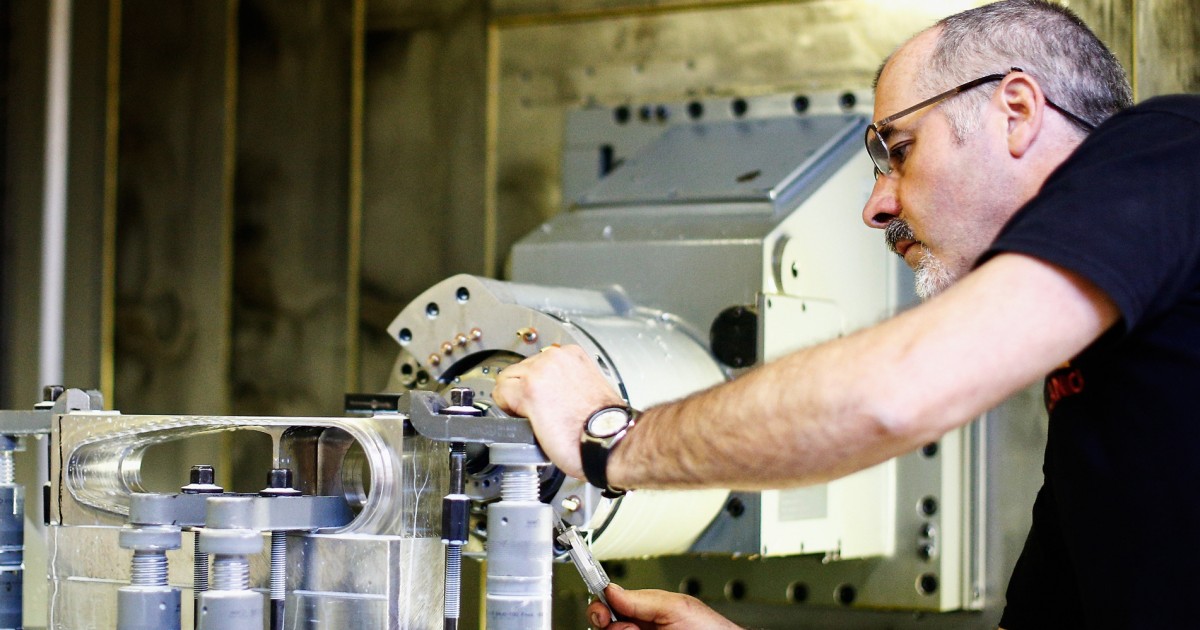
Equator
The equator is an imaginary line that circles the Earth, equidistant from the North and South poles. It divides the Earth into the Northern Hemisphere and the Southern Hemisphere. In space and astronautical engineering, the equator is an important reference line for launching spacecraft into orbit. Launching from the equator provides a significant advantage due to the Earth's rotation, which provides an additional velocity boost to the spacecraft. This is known as the 'slingshot effect' or 'gravity assist'. The closer a launch site is to the equator, the greater the velocity boost. Many countries with equatorial locations, such as French Guiana, have established spaceports for this reason.
Your Previous Searches
Random Picks
- Massive Star: A massive star is a star with a mass greater than 8 times the mass of the Sun. These stars have a short lifespan due to their high rate of nuclear fusion, which causes them to burn through their fuel quickly and eventually explode in a supe ... Read More >>
- Electron Beam: An electron beam is a stream of high-energy electrons that are emitted from the electron gun of a spacecraft or a satellite. The electron beam is used for a variety of purposes such as propulsion, communication, and scientific experiments. ... Read More >>
- Fail-Safe Mechanism: A fail-safe mechanism is a system or component designed to automatically take over or shut down a process or operation in the event of a failure or malfunction. In the context of space and astronautical engineering, fail-safe mechanisms are ... Read More >>
Top News

Scientists release plans for an even bigger atom smasher to address the mysterie...
GENEVA — Top minds at the world’s largest atom smasher have released a blueprint for a much bigger successor that could vastly improve research into the remaining enigmas of physics....
News Source: NBC News on 2025-04-01

Scientists release plans for even bigger atom smasher along the French-Swiss bor...
Scientists at the world’s largest atom smasher have released a blueprint for a much bigger successor that could help solve enigmas of physics, starting in the mid-2040s at a cost of about $16 billio...
News Source: ABC News on 2025-04-01

The 'Blaze Star' hasn't exploded yet, but it could soon...
T Coronae Borealis has an outburst every 79 to 80 years, according to NASA....
News Source: ABC News on 2025-03-28
I visited the sprawling 'metroburb' where 'Severance' is filmed. It's a 2 millio...
Bell Works, the real office complex that doubles as Lumon on "Severance," is redefining what an office can be....
News Source: Business Insider on 2025-03-28

We've spotted auroras on Neptune for the first time...
After 34 years of searching, astronomers have finally confirmed Neptune has auroras, thanks to data from the James Webb Space Telescope...
News Source: New Scientist on 2025-03-27